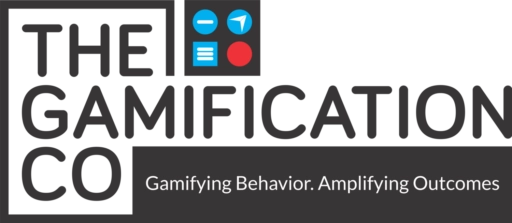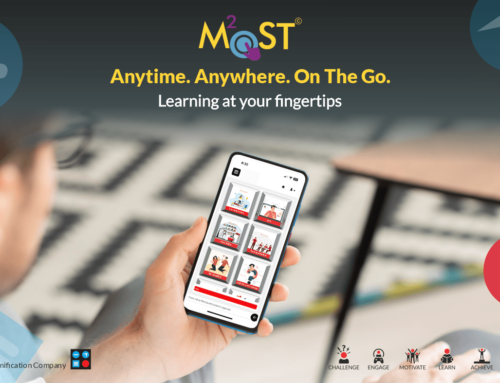As the world begins to emerge from the COVID-19 pandemic, it’s become increasingly clear that sustained behavior change and engagement are more critical than ever. With social distancing, remote work, and reduced in-person contact becoming the norm, our daily lives – both personally and professionally – have undergone a rapid transformation.
This transition to a more technology-driven and socially-distanced world was already underway, albeit slowly. However, the pandemic has drastically accelerated this timeline and caught many of us off guard, emotionally, socially, and infrastructure-wise. We must make significant changes to every aspect of our lives to adapt to this new reality, including how we interact and engage with others.
Unfortunately, our brains are wired to resist change, particularly when it comes to sudden and major cultural shifts. This is due to our limbic brain’s natural threat response, which makes it harder for us to accept and adapt to new circumstances. However, accepting change is a crucial skill that we must learn in order to navigate this new normal effectively.
As businesses navigate the post-COVID landscape and adapt to new ways of working, they’ll need to quickly revamp their processes, up skill their workforce, and increase productivity to survive in a challenging economic environment. To achieve these goals, organizations will need to foster a culture of learning, engagement, and accountability.
This is where gamification can be a game-changer. By leveraging the neuroscience of play, gamification can activate the subconscious brain and spark engagement at a fundamental level, leading to transformative shifts in behavior and ultimately driving positive business outcomes. This approach is especially valuable in overcoming resistance and fatigue in an overtaxed conscious brain, which may hinder motivation and productivity.
At TGC, we’ve achieved remarkable results by combining gamification principles with other key behavioral sciences such as Appreciative Inquiry and Value Creation Process. By leveraging these approaches, we’ve observed sustained and positive impacts on critical human processes that drive success in organizations.
Our approach has resulted in tangible benefits across several key areas, including amplified organizational and individual outcomes, improved organizational processes, sustained engagement and enhanced learning outcomes, and even nation-building and sustained behavioral transformation at a social level.
In our upcoming blog posts, we’ll dive deeper into case studies and concepts that demonstrate the power of gamification as a tool for driving behavioral transformation in organizations, institutions, and society as a whole. When implemented effectively, gamification can be a truly transformative force for positive change.





